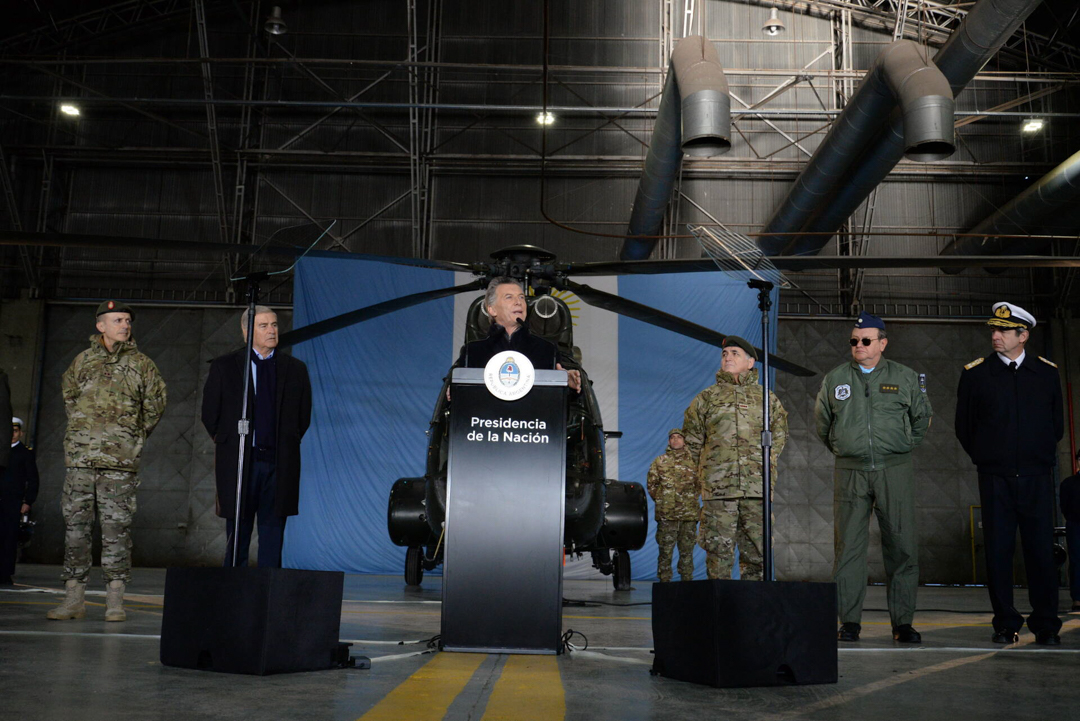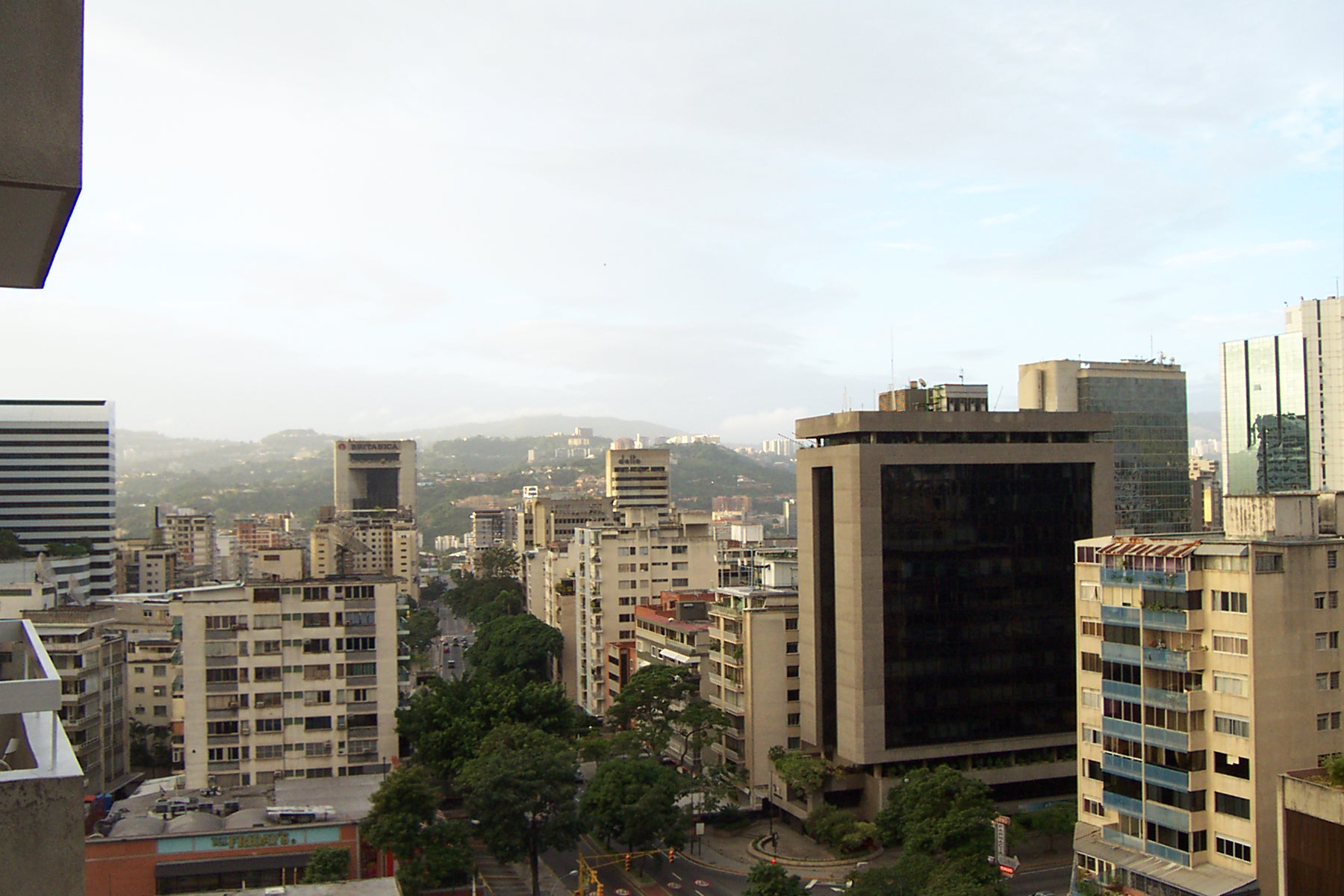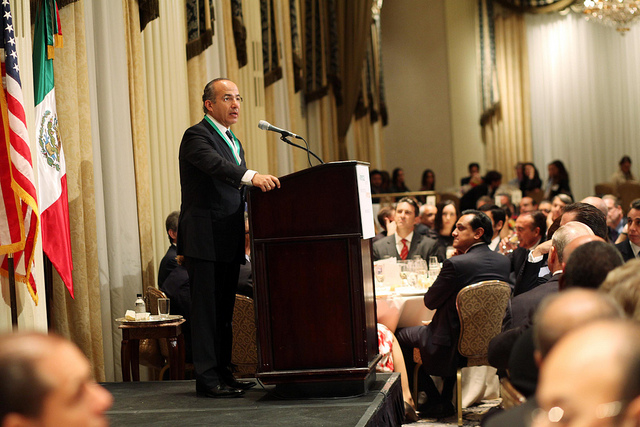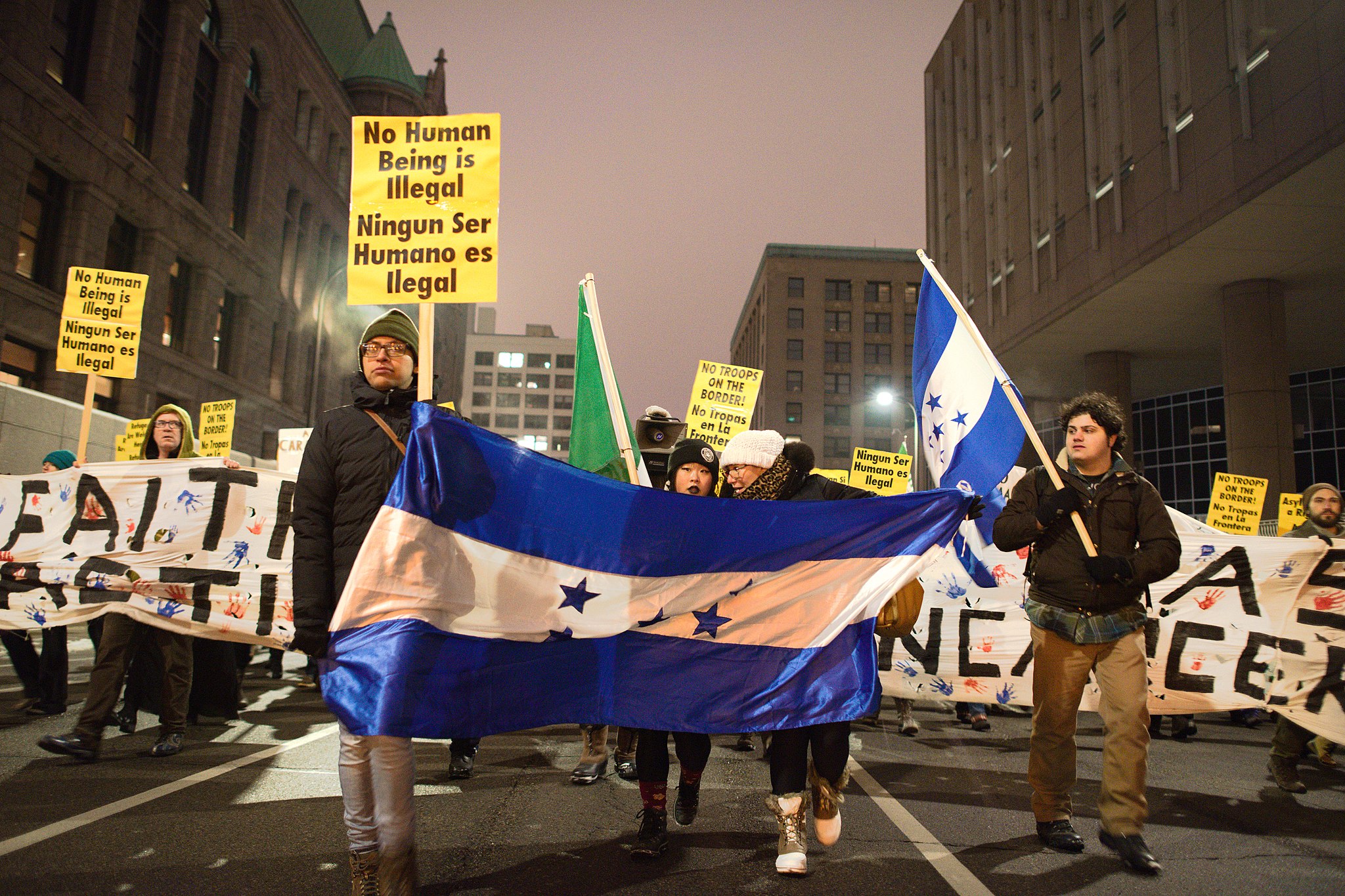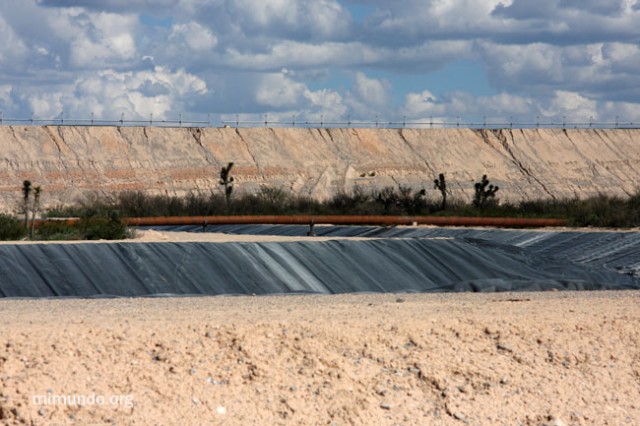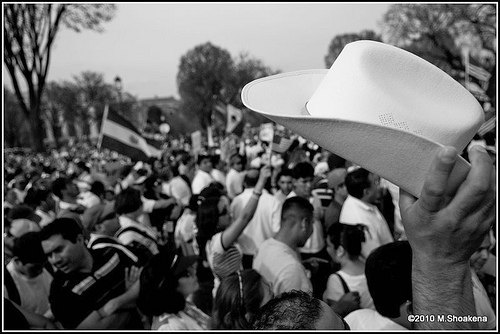
Latin America: Week in Review, Mexico
Mexico Ordered To Pay Damages To Two Indigenous Women Raped By Soldiers
October 5, 2010 By Staff
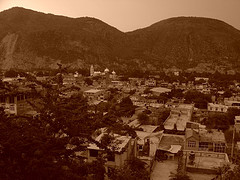
Tlapa, Guerero, in Mexico.
Today in Latin America
Top Story — In two separate rulings, the Inter-American Court of Human Rights condemned the Mexican government and ordered it to pay damages to two indigenous women who were raped in 2002 by soldiers.
The court said that Mexico failed to guarantee the rights to personal integrity, dignity and legal protection of Inés Fernández and Valentina Rosendo, both from the southern Mexican state of Guerrero.
Mexico, which has to publicly acknowledge its responsibility, must also compensate both women and publish the court rulings in Spanish and the women’s indigenous language, Me’phaa. The Mexican government promised to fulfill the demands of the court ruling.
“The government of Mexico reiterates its full commitment to the promotion and protection of human rights, in particular to combat violence against women and girls,” according to a statement released by Mexico’s Interior Department, The Associated Press reports.
In the case of Valentina Rosendo, the court set a total of $100,500 the indemnity to which she would be entitled for material damages, immaterial damages and trial costs and the figure established for Fernandez’s case was $128,000.
Rosendo, who was 17 in 2002, was approached by eight soldiers while washing clothes in a river. After she could not provide information about a masked suspect, she was beaten and raped.
Fernández was accosted a month later by 11 soldiers, asking about her husband. When she didn’t respond because she did not speak Spanish, the soldiers raped her. A Mexican military investigation of the two cases resulted in no charges being filed.
Just Published at the Latin America News Dispatch
- Photojournalist James Rodríguez explores the controversy surrounding Goldcorp’s Peñasquito Mine in Mazapil, Mexico.
- Congress postponed a vote on a bill that would ease restrictions on Americans traveling to Cuba. Raisa Camargo reports from Washington.
- With Venezuela having gone through historic parliamentary elections on Sunday, Juan Fajardo takes a look at how both supporters and opponents of Hugo Chávez have used marches and street protests to vie for control of public space in this photo essay.
- A new government program aims to make Chile a heaven for start-ups. David Mauro has the story.
- With Brazil’s election season in full swing, Hugo Passarello Luna takes a look Luiz Inácio “Lula” da Silva’s presidency.
Headlines from the Western Hemisphere
North America
- Immigrant advocacy group Centro Presente announced Monday that they are starting a campaign against the Boston Police Department’s participation in a federal program that automatically checks the immigration status of people who are arrested.
- It was reported Monday that the Mexican Federal Labor Board declared a strike at its El Cubo gold mine illegal, but the Canadian-based miner said it was willing to talk with workers about resuming operations.
Caribbean
- Washington is working on a plan to bring the vast majority of exiled Cuban political prisoners from Spain to the United States and has already processed the first case, a senior State Department official said on Monday.
- U.S. Senator Christopher Dodd is in Cuba for talks with officials on how to improve relations between the former Cold War foes.
- Several dozen students clashed with U.N. peacekeepers and Haitian police as children began returning to school across Haiti’s quake-addled capital on Monday.
Central America
- The National Coordinator for Disaster Reduction reported that the Motagua and Los Esclavos rivers overflowed in Guatemala, causing damages in Izabal and Santa Rosa.
- The United States revealed on Friday that the government conducted medical experiments in the 1940s in which doctors infected soldiers, prisoners and mental patients in Guatemala with syphilis and other sexually transmitted diseases.
- A bus carrying musical groups Las Chicas Samba and Kazzabe crashed in Honduras on Monday, leaving 14 dead and at least 10 others injured.
- Two United Nations delegations are in Honduras to begin talks on resolving political and social conflict triggered by the coup that ousted former president Manuel Zelaya in June 2009.
- El Salvador under-20 soccer player Nelson Rivera died in hospital two weeks after being shot in the head during an attack in the east of the country.
- Salvadoran President Mauricio Funes arrived in Cuba on Monday for an official visit with head of state Raúl Castro.
- In an attempt to legitimize Nicaraguan President Daniel Ortega’s counter-constitutional re-election bid, the Sandinistas’ de facto Supreme Court ruled last Thursday to overturn the legal provision banning consecutive presidential reelection.
Andes
- Colombia’s inspector general has barred ex-President Alvaro Uribe’s chief of staff from public service for 18 years for his role in a domestic spying scandal.
- Venezuelan President Hugo Chávez promised on Monday to bring down prices of seeds and fertilizer as his government takes over a leading farm-supply business.
- Colombia’s defense minister says authorities have seized $29 million and 17 million euros in cash in a home in Bogotá.
- Bolivian President Evo Morales was nursing an injured leg Monday after being hit hard by an opposition leader in a friendly football game over the weekend.
Southern Cone
- Brazil’s Green Party candidate for president, Marina Silva, will be a key factor in the country’s October 31 runoff election as both remaining presidential candidates attempt to court the voters who gave Ms. Silva a surprising 19 percent of the first-round vote.
- Professional clown “Tiririca” won a congressional seat in the State of São Paulo during Brazil’s national election on Sunday.
- Chilean President Sebastián Piñera announced that he would adjust the timing of a trip to Europe scheduled for October 17 in order to coincide with the rescue of the 33 trapped miners, who may be out sooner than expected.
- The Uruguayan Football Association said FIFA president Sepp Blatter was receptive to a proposal that Uruguay and Argentina jointly host the 2030 World Cup, which would mark the 100th anniversary of the first World Cup, a Uruguayan victory.
- Paraguayan President Fernando Lugo is expected to return to Paraguay on Wednesday, after receiving treatment for a blood clot at a hospital in São Paulo.
Image:Vientos Libres @ Flickr.
